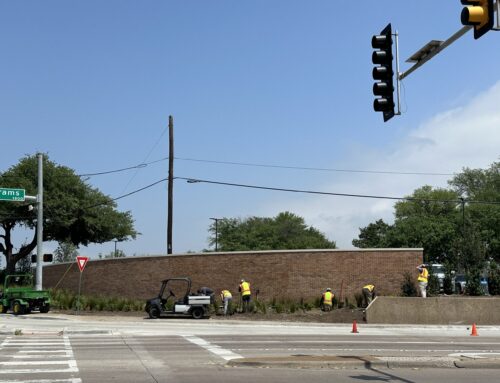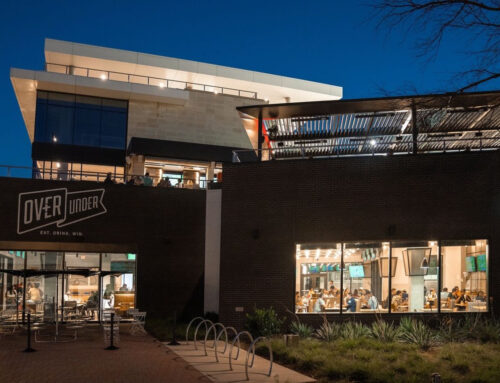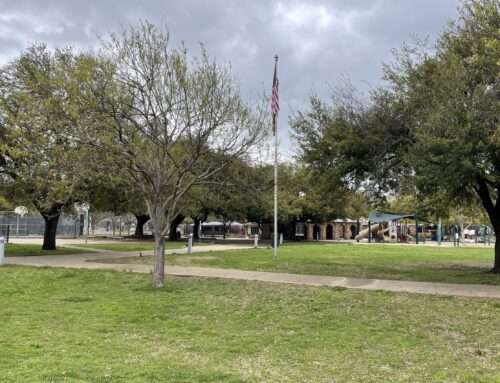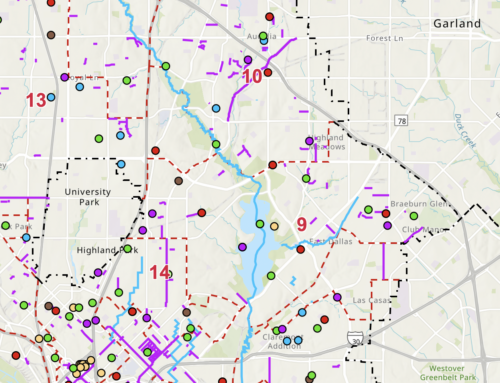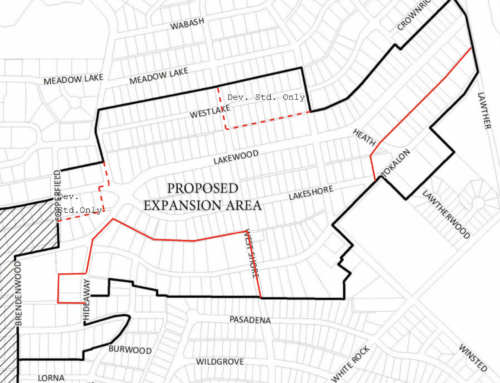The news that Minyard’s is selling its Lakewood store is not surprising. The shocker is why. Said Minyard’s boss Mike Byars: “We’re focusing on building up our Carnival chain, and Lakewood doesn’t meet the demographics for turning that store into a Carnival.”
Which, in corporate speak, means our neighborhood is too Anglo and too wealthy for Minyard’s — and that’s something that almost no one has said about this part of town in the past 20 years. This change may or may not be a good thing, since East Dallas’ scruffiness has always been one of its charms.
Regardless of how we feel about the change, it’s something we’re going to have to deal with. Its repercussions will be felt all over the neighborhood, and especially in what it means for commercial property values and the kind of future retail development we’ll see.
The Lakewood Minyard’s, which closes this month and will reopen as a Whole Foods at the end of the year, will be missed. It was local, both in attitude and in ownership. The Minyard family opened its first store in our neighborhood, on Lindsley a couple of blocks off East Grand. Those of us who shopped at the Lakewood store knew the employees, and they knew us. That doesn’t happen much in these days of super mega big boxes, where the goal is quantity of customers and not the quality of the customer experience.
But its days were numbered. Minyard’s, which the family sold in 2004, has its own problems, so the fate of one store in the 69-store chain wasn’t important. At the same time it announced the Whole Foods deal, the company was laying off more than 200 employees and selling its distribution center to cut costs.
In one respect, a Whole Foods is welcome news. The company, if not the corporate angel it likes people to think it is, is well run and cares about providing value for money (even if it is a bit pricey). Plus, there were apparently other suitors for the site, one of whom was almost certainly Wal-Mart and its Neighborhood Market brand. That we’re not getting a Wal-Mart is even more welcome, regardless of what you think about the company. The Lake Highlands Neighborhood Market is not, to be polite, an agreeable experience, and we deserve better than that.
We’re also going to be spared a fight over redeveloping the site. There had been talk, once everyone realized Minyard’s days were numbered, of a multi-story residential and retail project replacing the supermarket. Again, regardless of redevelopment’s merits, the battle to get zoning permission would have been bloody, and avoiding that battle is a very good thing.
What’s not welcome news is what the sale means for development elsewhere in the neighborhood. Consider that, for all practical purposes, there will be no traditional grocery stores between Central Expressway and White Rock Lake, and Mockingbird and downtown. One reason? The land has become too expensive. A commercial real estate type told me the Minyard’s location might have cost Whole Foods as much as $7 million.
This is a good thing only for developers. It means that future development in the area will increase in density, as developers try to cram as much as possible onto their sites to pay for the rising cost of the land. Think of smaller Emerald Isles, the proposed 10-story White Rock retail-residential deal, scattered up and down Greenville Avenue, at the Mockingbird intersections from Central eastward, even at Skillman and Live Oak. That’s not a pleasant thought — even if, in a not very surprising coincidence, it is part of the city’s new plan for neighborhood development.
But it’s the future, given what has happened over the past couple of decades. Hopefully, we can find a way to manage this future, because change itself is not the problem. It’s how we deal with the change that matters. It’s just a shame the future won’t have my neighborhood grocery store in it.

